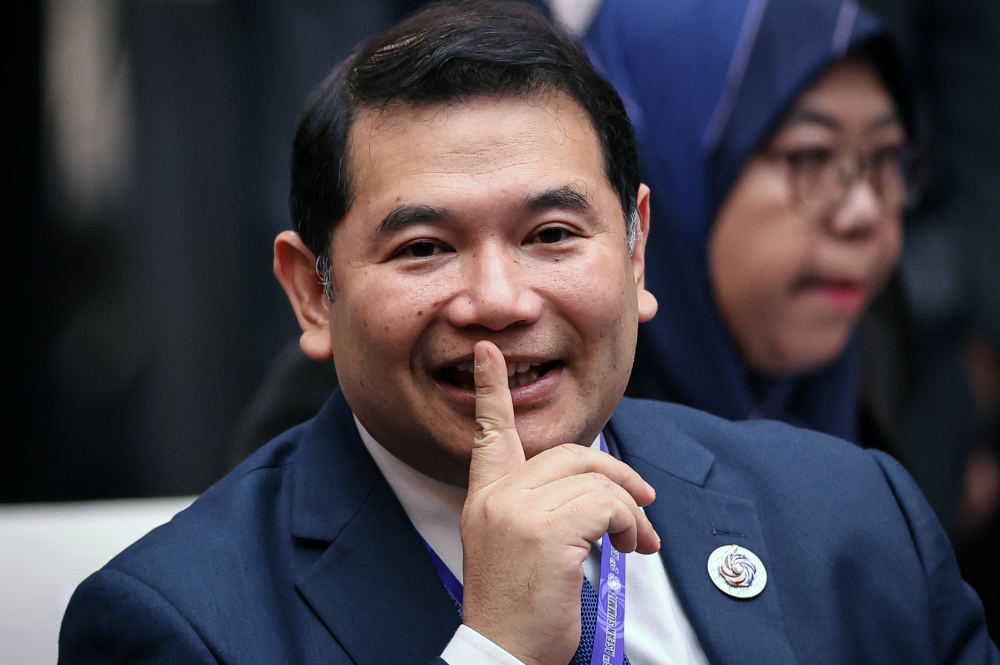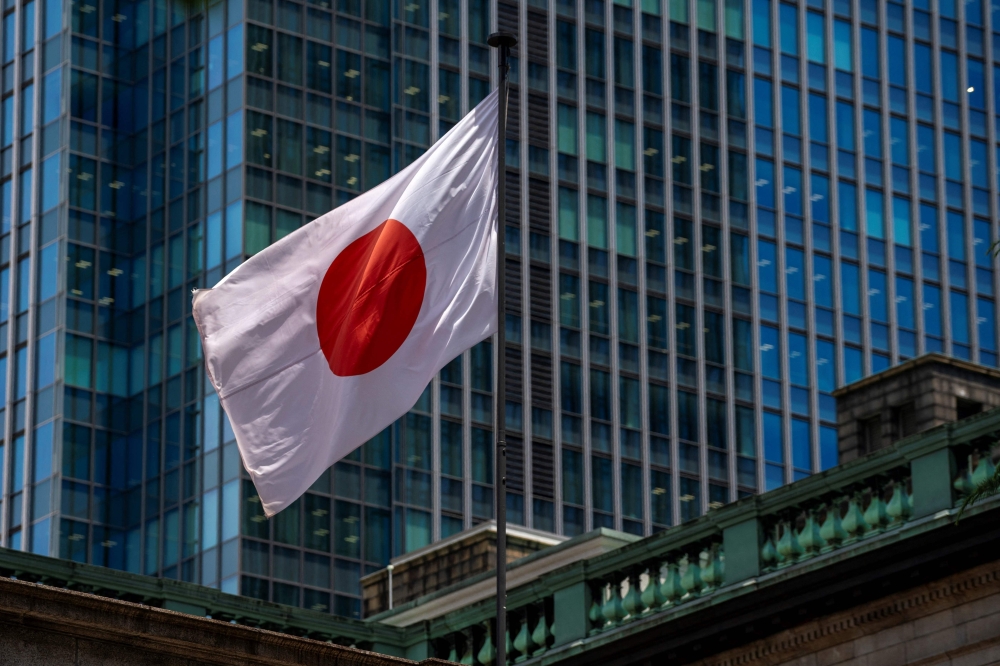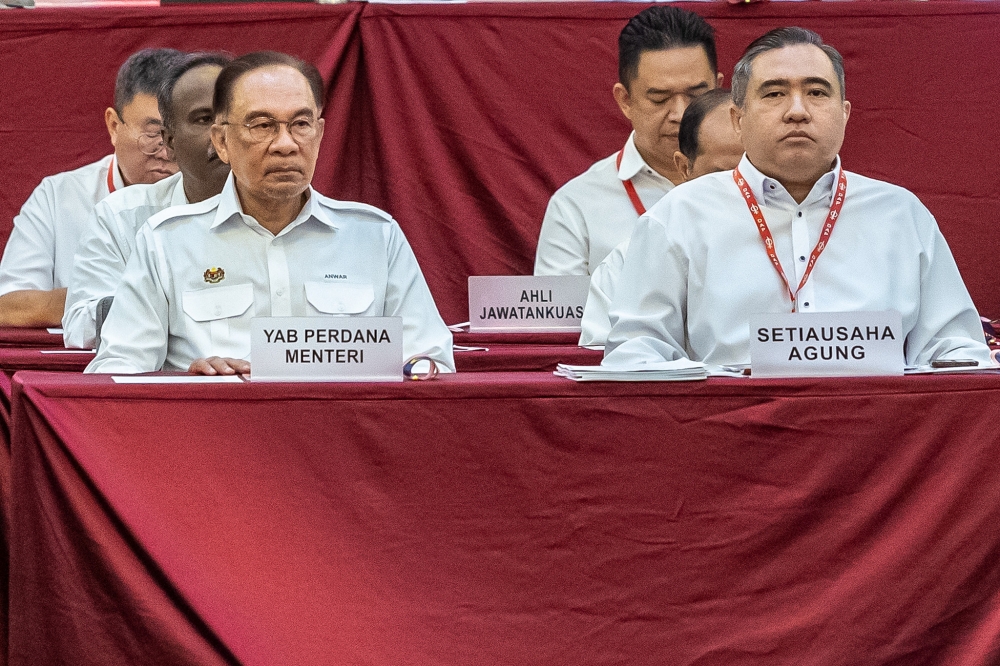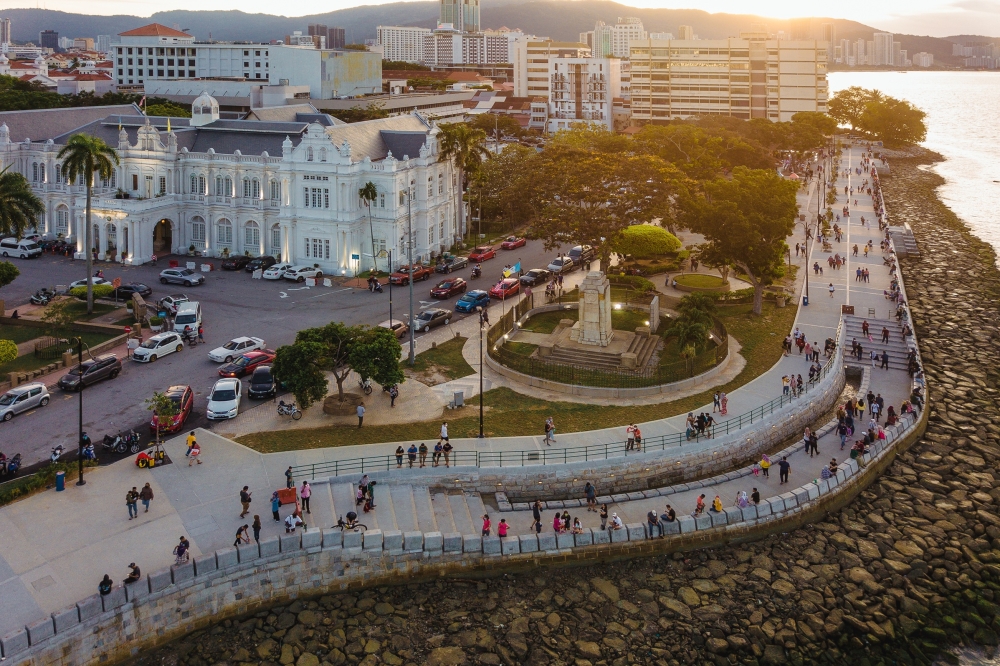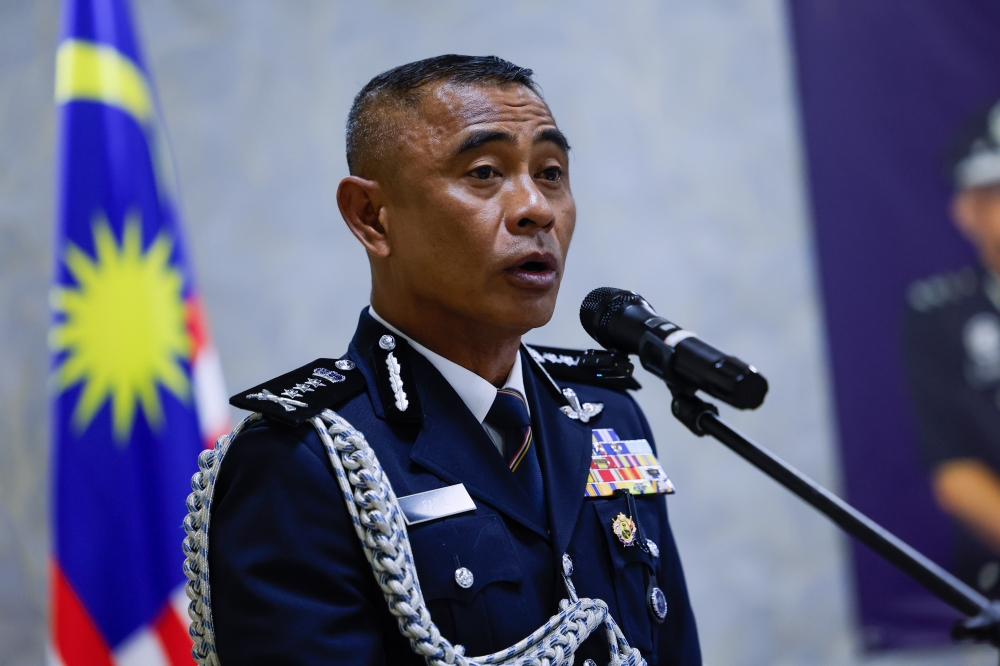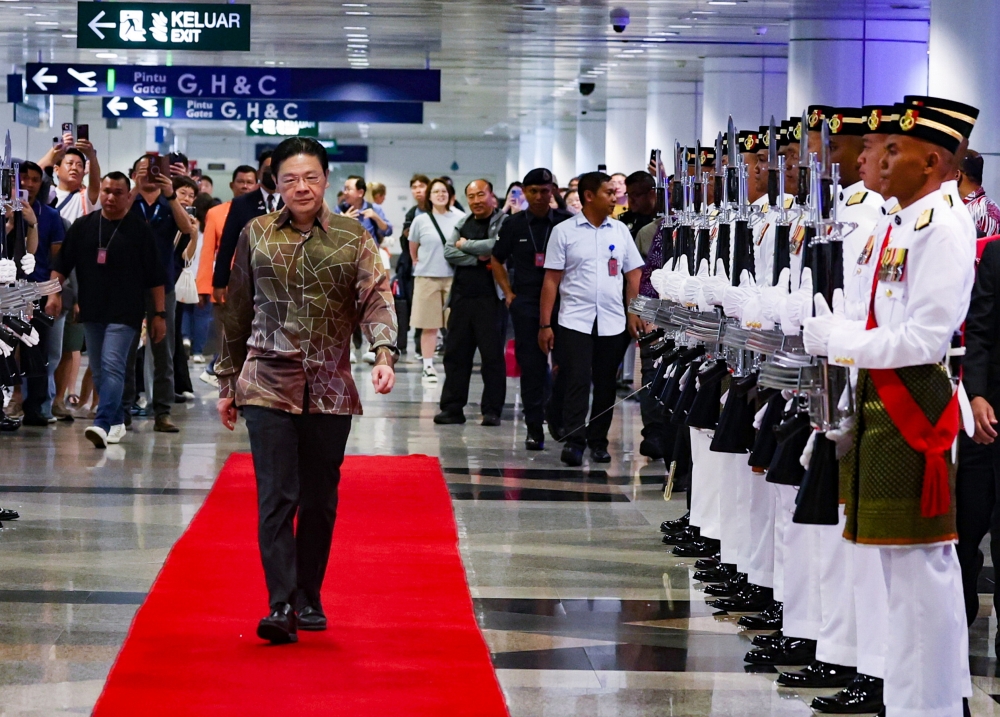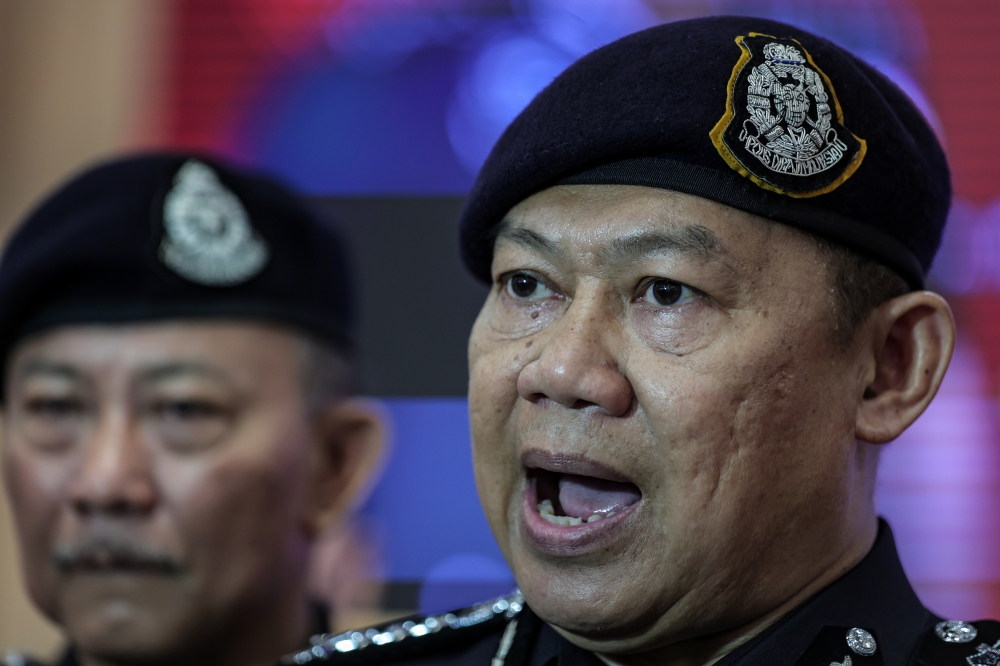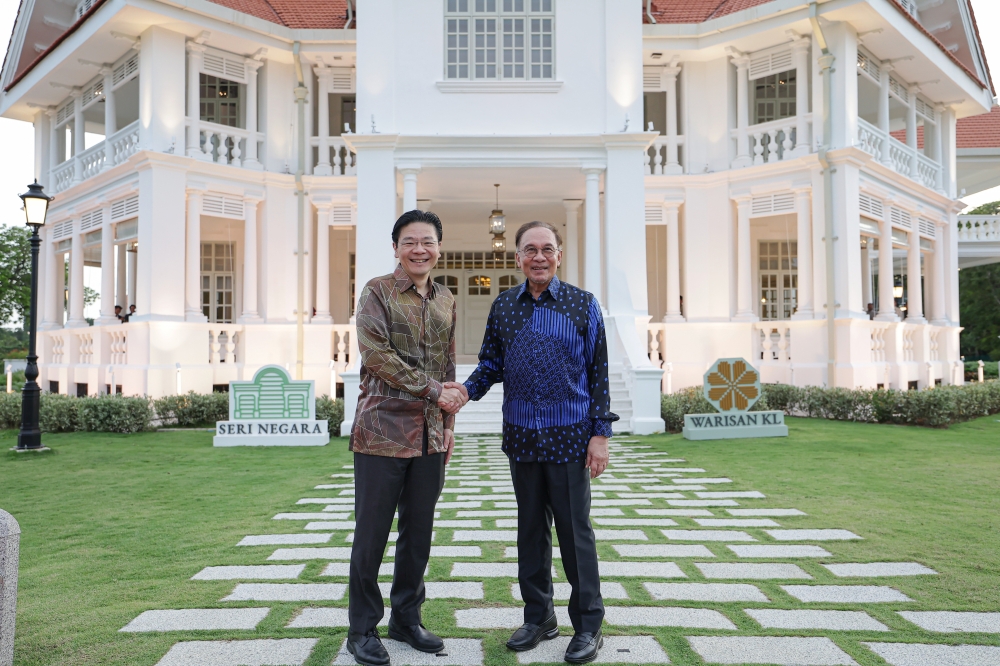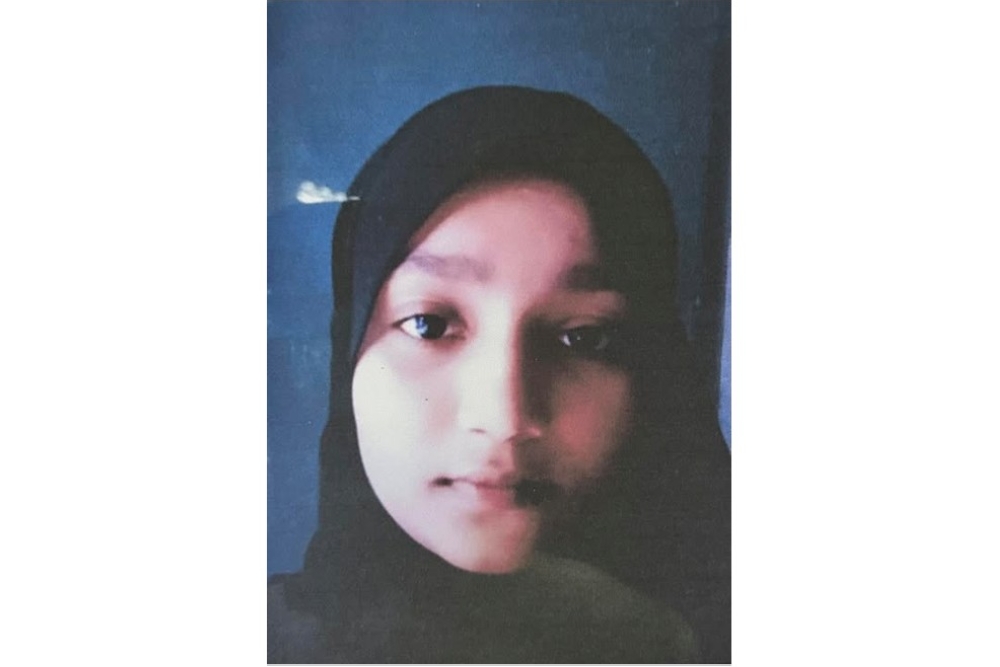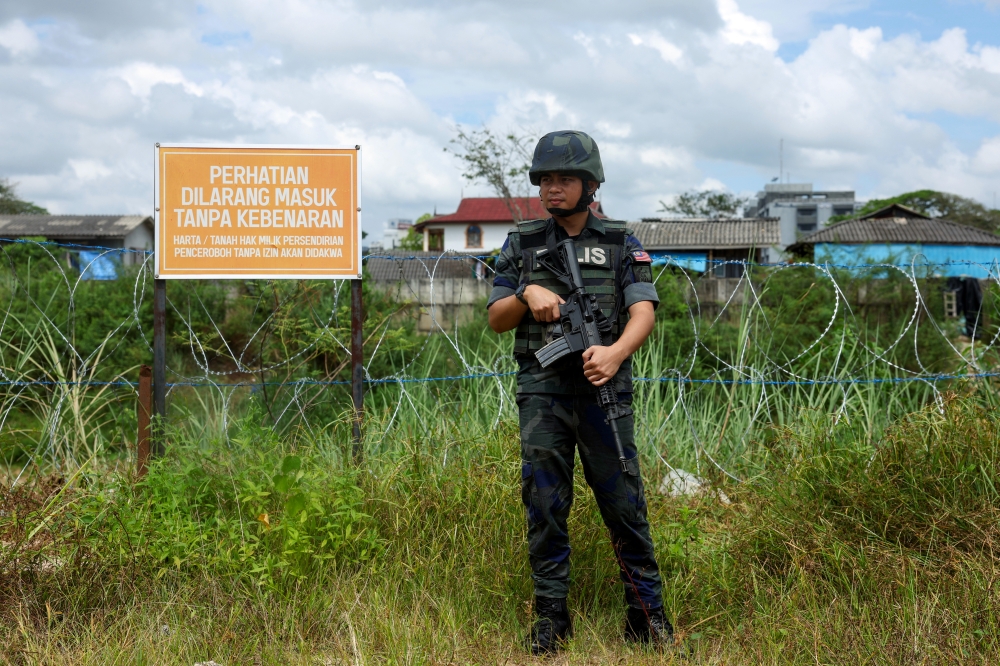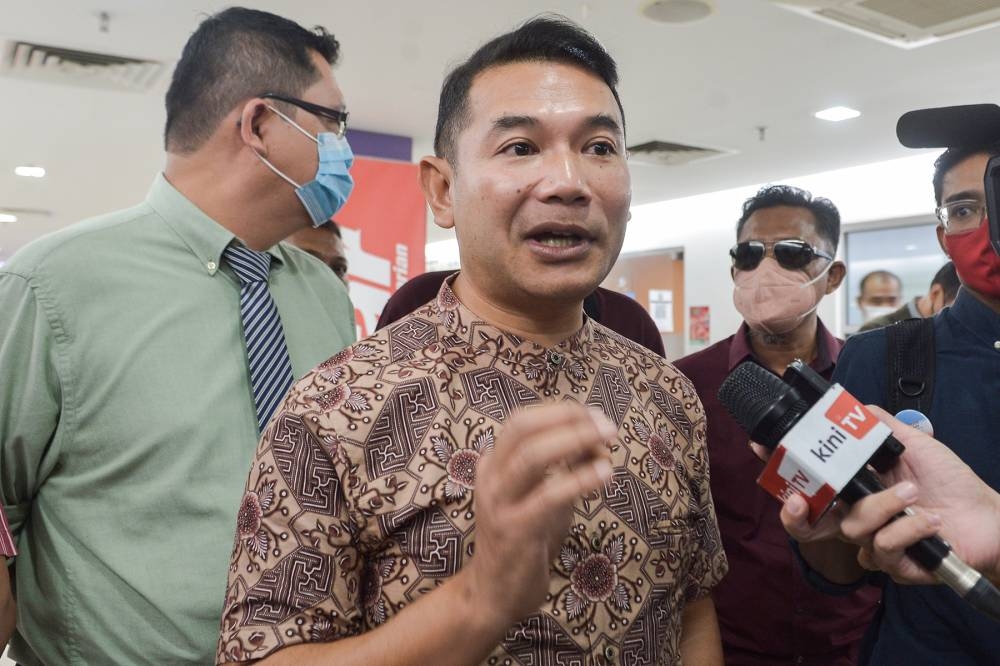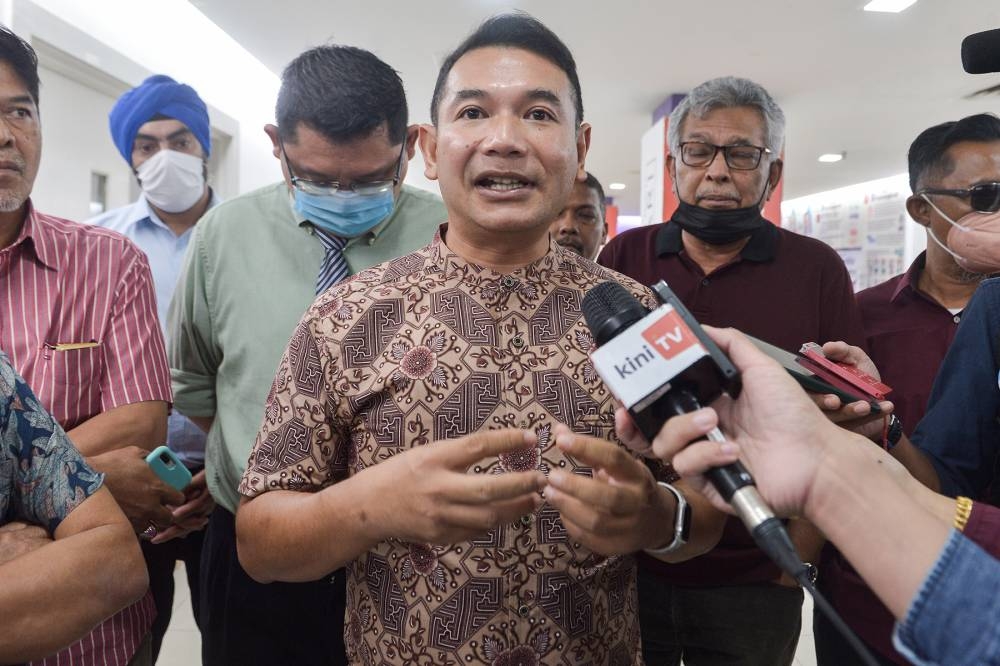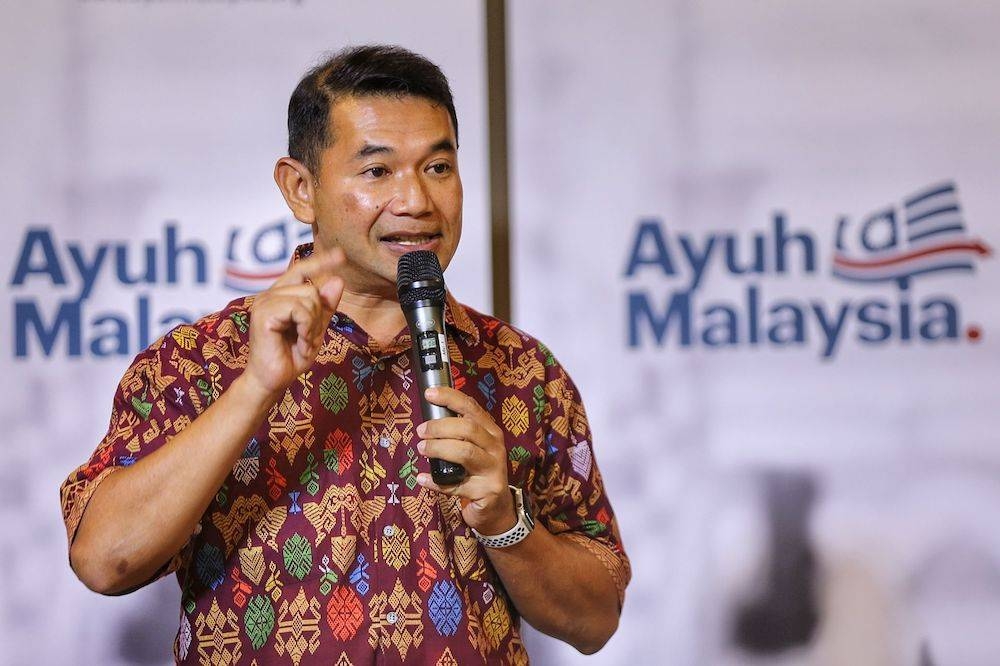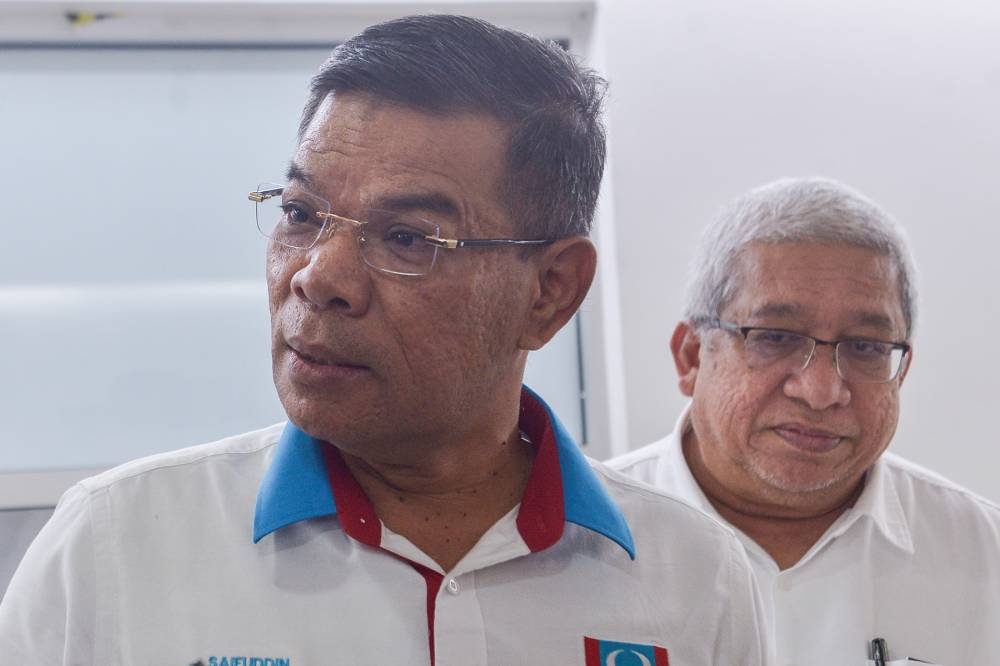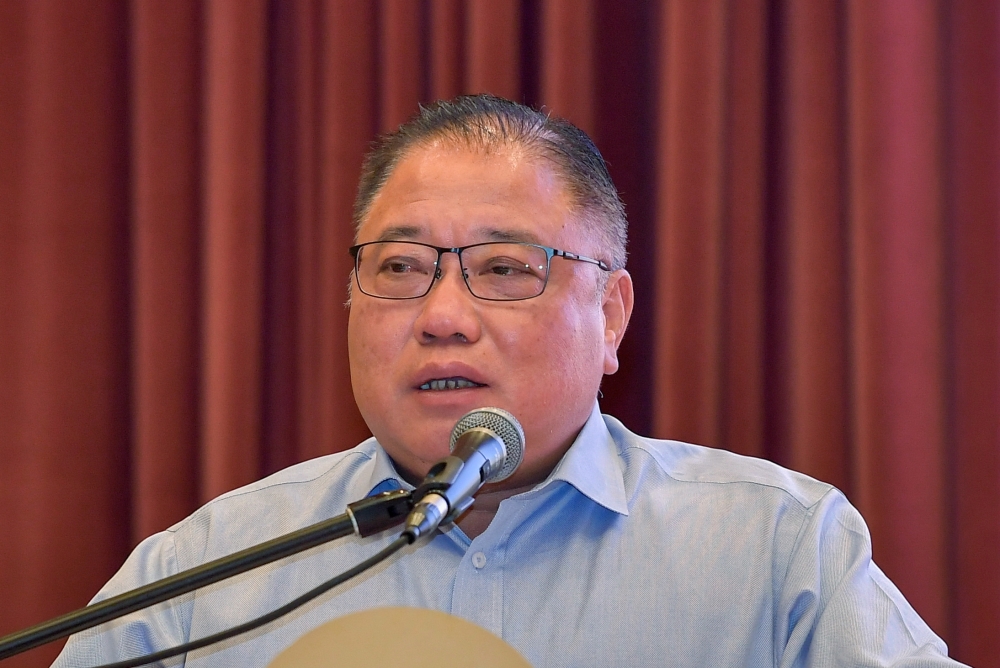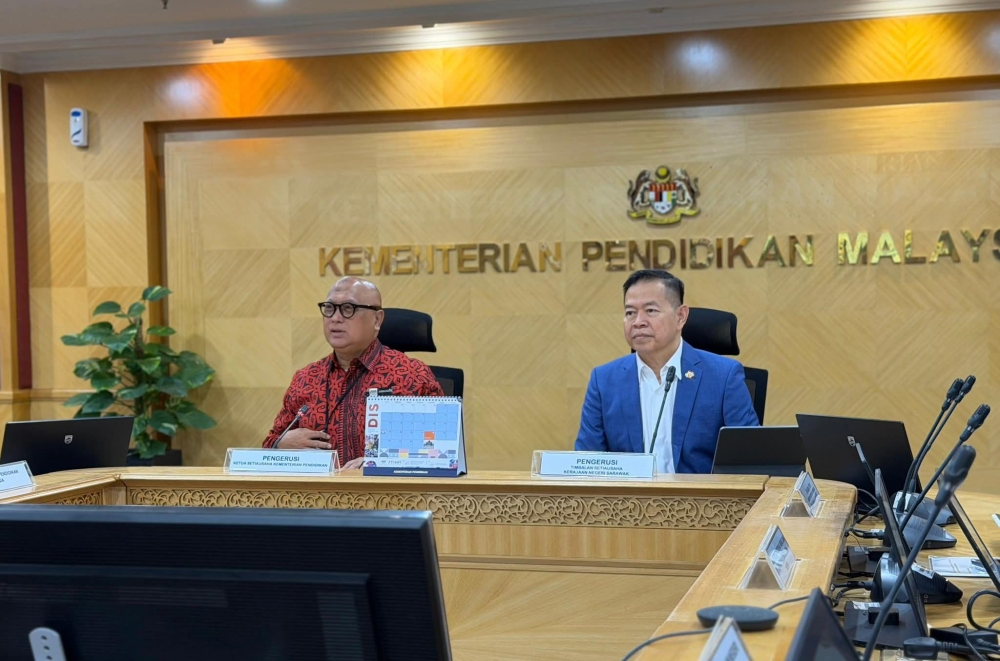KUALA LUMPUR, May 31 — Former Pandan MP Rafizi Ramli’s victory in the recently concluded PKR polls for the deputy president's post would serve as a catalyst for the reformist party’s eventual rejuvenation in preparing for the 15th general election, according to political analysts.
With Rafizi’s unofficial ascendancy to the party’s number two position after PKR president Datuk Seri Anwar Ibrahim, analysts said Rafizi’s victory heralded a fresher image for the party, one that is spearheaded by grassroots who wished to rebuild party support from below.
“Rafizi’s return will no doubt entice favourable popular support to PKR, as he represents a fresher image for the party.
“If Anwar could set aside his vigilance against challengers and genuinely work with Rafizi, who is well known for methodical approaches to electioneering, then they would indeed be a formidable duo,” senior fellow at the Singapore Institute of International Affairs Oh Ei Sun told Malay Mail when contacted.
Oh’s sentiment was shared by fellow analyst, Universiti Sains Malaysia (USM) political science professor Ahmad Fauzi Abdul Hamid, who also agreed that Rafizi’s return to the party’s central leadership will attract favourable support from principled segments of the Malay and non-Malay populace.
The PKR polls concluded with Rafizi being voted into the party’s second-most powerful position after garnering 67,895 votes to Datuk Seri Saifuddin Nasution Ismail’s 48,797.
Touching on Rafizi’s forthright approach to managing the party’s politics, Ahmad Fauzi said such an approach resonated with the grassroots who for the past two years experienced strings of by-election defeats and demoralisation in the party’s leadership performance.
“The party rank and file has made it loud and clear that while they can stomach Anwar’s leadership for a few more years, they are more in tune with Rafizi’s forthright approach in managing PKR’s coalition politics.
“Since Anwar won the presidency without contest, he must in all his wisdom treat the deputy presidency contest as a reflection of the grassroots’ sentiments in an environment which doesn’t seem to favour the party being returned to Putrajaya in GE15,” Ahmad Fauzi told Malay Mail.
For Azmi Hassan, a senior fellow at the Nusantara Academy for Strategic Research (NASR), Anwar should heed the message of party members which clearly demonstrated a general “unhappiness” over the latter’s leadership.
“It is a demonstration of the desire of members to make drastic change, a transition from Anwar who is very synonymous with PKR,” he said.
Echoing Ahmad Fauzi, Oh also said he was in agreement that the grassroots who voted in the PKR polls were demonstrating their dissatisfaction with the “directionless” present leadership, evidently in the resounding election result which saw Rafizi clinching a convincing victory nationwide with only a 13.5 per cent voter turnout.
With the infamous 'Sheraton Move' effect still lingering, the party is still reeling from the “bitter betrayal” when PKR’s former deputy president Datuk Seri Mohamed Azmin Ali, vice president Datuk Zuraida Kamaruddin and nine other PKR MPs defected in 2020, leading to the fall of the Pakatan Harapan (PH) government.
“Anwar is likely to rue over the fact that after Azmin, there is now another powerful potential challenger to his party throne.
“It remains unclear if Anwar will focus on harvesting the Rafizi appeal in rejuvenating the party, or remain obsessed with preventing any possibility to replace himself and thus instigate another round of power struggle within the party,” Oh added.
In a thank you message to party members for electing him as their new deputy president, Rafizi had called for reform within the party, noting that the battle for the best ideas should be the top priority for party progression rather than personal endeavours.
Rafizi is known to disagree with the “big tent” idea for all Opposition parties to come under one umbrella like PH in the 2018 general election, a sentiment which Anwar is in favour of so as to win back the prime ministership post.
However, the analysts were confident that disagreements, especially on the “big tent” approach that may arise between the two political stalwarts, would be avoided entirely only if Anwar chooses to do so.
“Disagreements would only surface if Anwar persists in carrying out plans that don’t jive with Rafizi’s long term planning.
“Anwar should realise that he is still where he is only due to the enormous respect that he still holds among party members and the PH-supporting public.
Ahmad Fauzi went as far as to say the big tent approach by contrast, “looks like nothing more than a stratagem for a quick return to the corridors of power”.
“PKR can no longer afford to lay itself vulnerable to repeated betrayals by collaborating with opportunistic partners who don’t have the reformist DNA in them.
“So I don’t think the initial differences of views between Rafizi and Anwar would be too problematic at the higher levels of party leadership, provided Anwar understands and goes along with the reformist wave that propelled Rafizi into the number two spot almost from nowhere,” Ahmad Fauzi said.
Similar sentiments were shared by Oh as well, with the analyst pointing out the importance of winning as many seats as possible, such that in the eventuality of a big tent after the elections, PKR was in a position to carve out the largest turf under the canvas.
Noting that the vice-presidency posts were won by those seen aligned to Rafizi, Azmi said it showed Rafizi was poised to lead the party towards GE15 in the right direction with Anwar with strong backing from top party decision-makers.
“Depending on how strong Rafizi is, especially in the vice president lineup, there are few members that are aligned with him and I think Rafizi will pursue his agenda not only on the big tent but other agendas in bringing PKR to its old glory days,” Azmi said.

